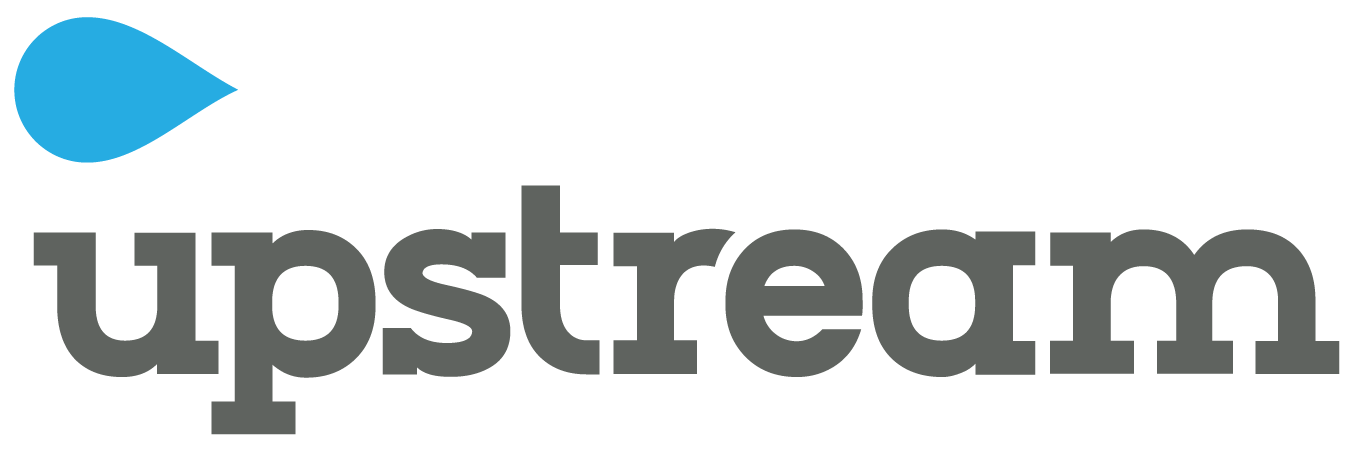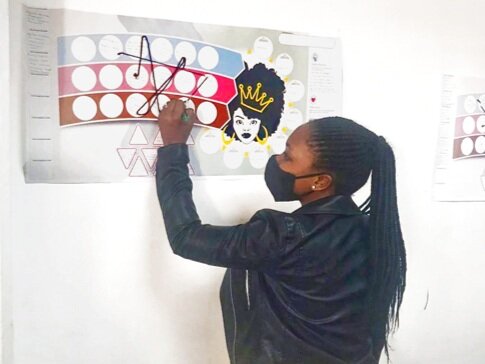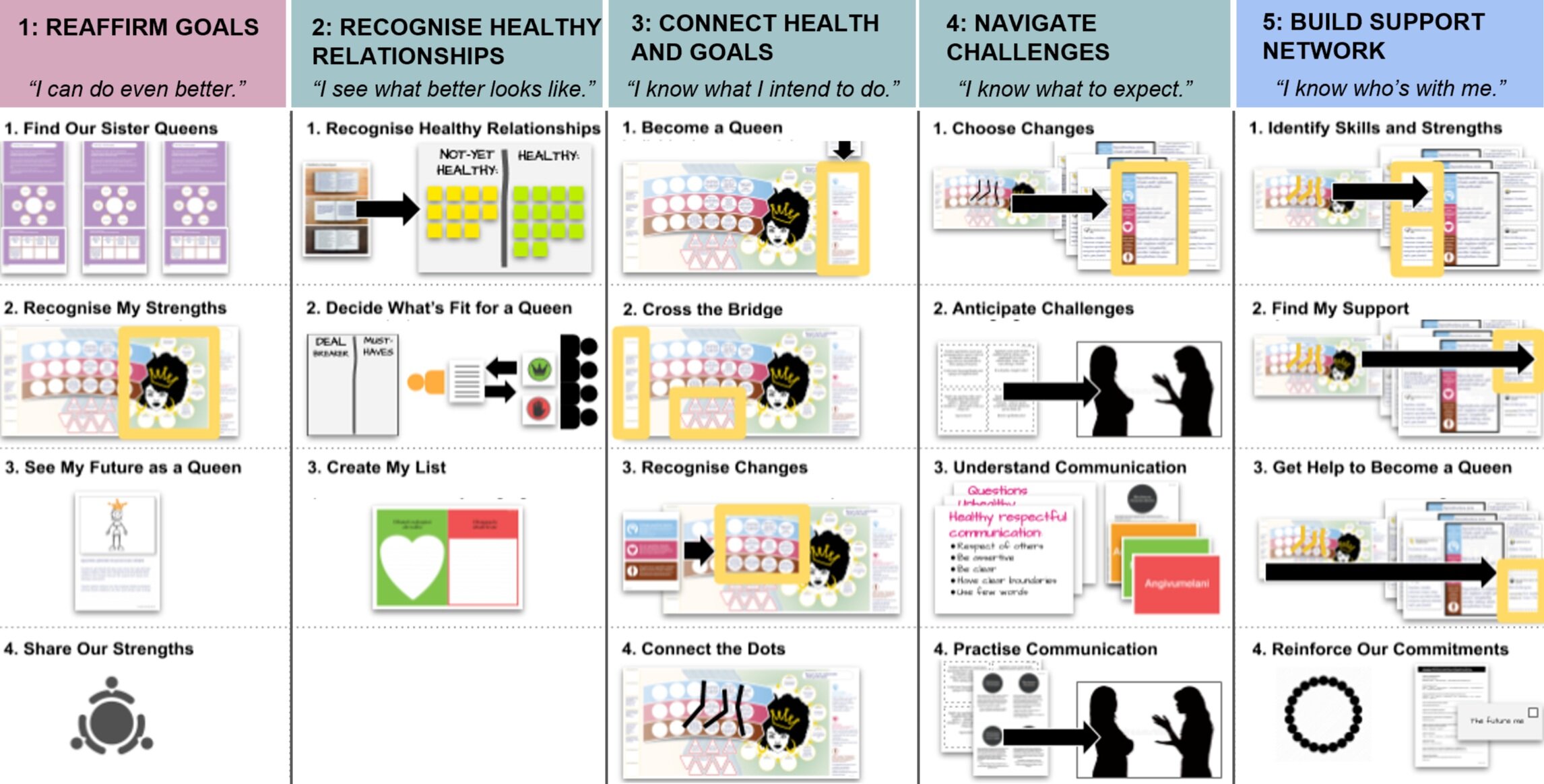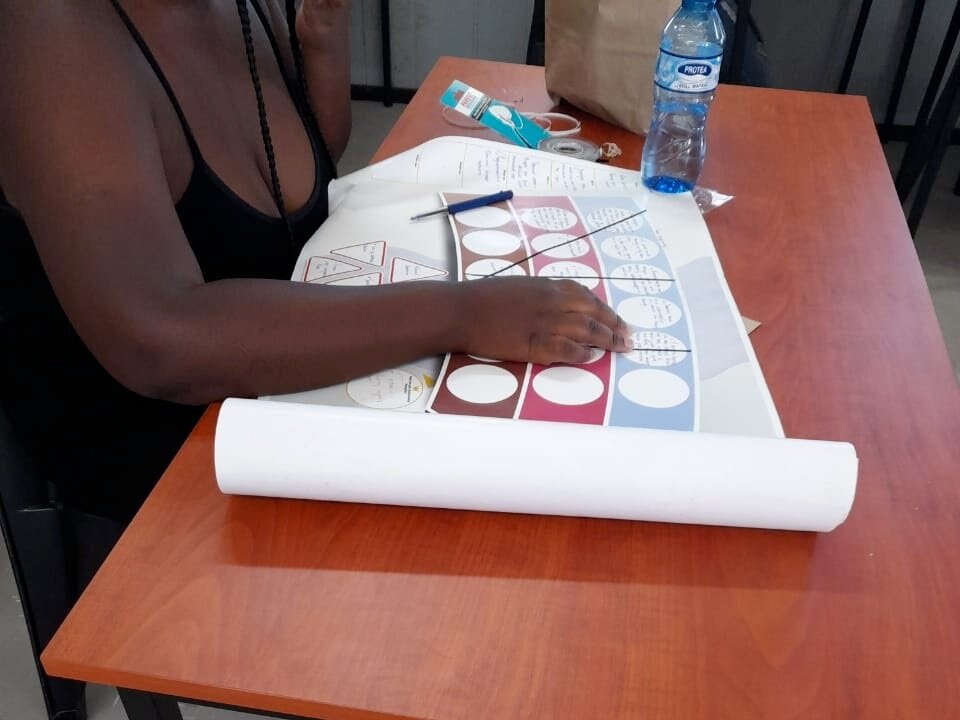
Relationship Bootcamp: Engaging adolescent girls and young women through their eyes of relationships - a new approach to HIV prevention.
The Relationship Queens Bootcamp was recognized by Fast Company as one of the World Changing Ideas of 2021.
As the largest AIDS epidemic in the world, South Africa is the epicenter of the global HIV pandemic. In some communities, 60 percent of women have HIV. Nearly 4500 South Africans become infected each week, and one-third of those are adolescent girls and young women ages 15-24.
Unfortunately, the response to this epidemic is not reaching high risk young women and girls in ways that result in behaviors that lead to prevention.
As Melinda Gates noted in her annual letter, “for all that we do know about these girls, there’s a lot we don’t. We know how their lives look through our eyes. We don’t have a lot of data about what the world looks like through theirs. And that hampers our ability to develop effective solutions for them—biomedical and otherwise. Fortunately, the research is starting to catch up to this reality. When I was in Johannesburg last October, I spent time with a foundation partner that is working to close this data gap and engage adolescent girls and young women to co-design treatment and prevention services that will better meet their needs.”
The world through their eyes is one motivated by the goals and aspirations in their relationships. And despite that perspective, HIV interventions simply are not built to engage through that lens.
Our research, referenced in that letter and funded by the Bill & Melinda Gates Foundation, engaged with over 2,000 girls and young women to reveal a central challenge - for many reasons, they simply do not see the information around HIV prevention as relevant in their lives.
Based on these insights, we co-created a new facilitated 5-week experience designed to engage high risk adolescent girls and young women called the “Relationship Queens Bootcamp.” Anchored on distinct relationship goals (Respect, Affirmation, Lifestyle) that are prevalent among this population, the program appeals to participants with the promise of helping them become “Queens in their relationships” - ensuring their relationships support their current needs and future goals. By striving to become a Queen, they discover how sexual health and HIV prevention can help them reach their goals.
The program leverages custom design thinking tools to help participants visualise the future Queen they want to become and their path to get there.
Each participant completes their own Crossing the Bridge Poster, a metaphorical storytelling tool that helps them envision where they want to go, and identify the changes, obstacles, and help they will need to achieve their goals. Commitment cards leverage principles of behavioral economics to help them stay accountable by keeping their goals top of mind in a visual format they can share easily with people they trust.
The Relationship Queens Bootcamp represents a powerful new approach to engage adolescent girls and young women in HIV prevention.
The focus of the intervention on building relevance for the topic serves to unlock a full range of services currently constructed but lacking demand from this key group. Efforts to learn from the initial pilots and scale across South Africa have already begun.
Instead of leading with HIV health topics directly, relationship goals serve as an entry point to meet them where they are and set the stage for frank discussions and exploration into healthy and unhealthy relationships and associated behaviors.
Participants identify their strengths, build confidence and self-worth, and learn communication skills through role play, leading to important changes in their relationships. Unlike didactic programs, the Bootcamp is built to guide participants to come to their own realizations to make lasting change.
Participants are grouped into distinct Bootcamps based on a shared relationship goal, not only ensuring the Bootcamp is fun and meaningful, but also fostering sisterhood between them. This sisterhood is crucial for creating a safe space free of judgement, enabling honest conversations about challenging personal topics and providing a supportive community for lasting change. This trusted community fills an important gap in their support network that is not filled by family, friends, or healthcare professionals.
“This was the first time I’ve had someone listen to me and I felt I could express myself.” - AGYW participant
Structured over 5 weeks, participants explore 19 in-person facilitated activities of discovery, discussion, and personal reflection. In between sessions, participants stay connected and build community with one another and facilitators with prompted and informal discussion on WhatsApp groups. The Bootcamp culminates in a final session when participants are connected to resources in their community based on the specific changes they want to make in service of their specific goals.
Early results of the Bootcamps are promising. Participants are highly engaged, see preventive sexual health in a new light, and make exciting changes in their behaviors. WhatsApp groups persist well beyond the end of the Bootcamps, indicating lasting relationships that are successfully filling an important gap in their support network. By creating these critical shifts in mindset and behaviors, the program fills a key gap by generating demand for essential sexual health products and services to prevent HIV among high risk populations.
“The workshop drew me closer to the Queen I wanted to be.”
- AGYW participant
“These visualization activities gave them the ability to see themselves as they have never seen themselves before”
- Implementor
“Seeing themselves as queens plants the seed for them to make positive changes in their lives”
- Implementor
We'd like to acknowledge our consortium partners in this project as this design wouldn't have been possible without the contributions from the teams from Final Mile, AVAC, AskAfrika, TBHIVCares, and Anova. Funding and support was provided by the Bill & Melinda Gates Foundation.




